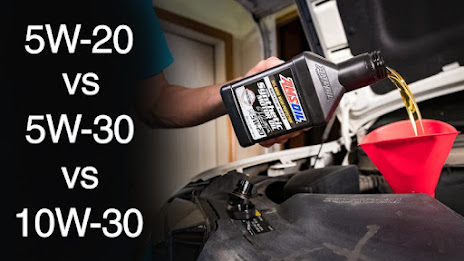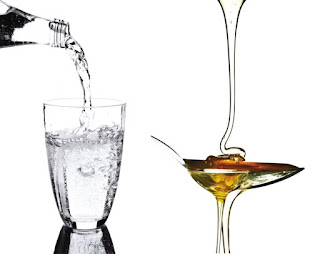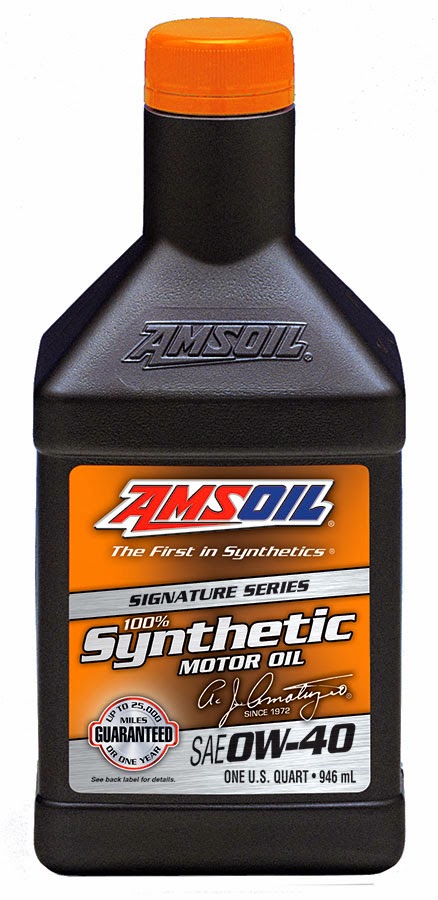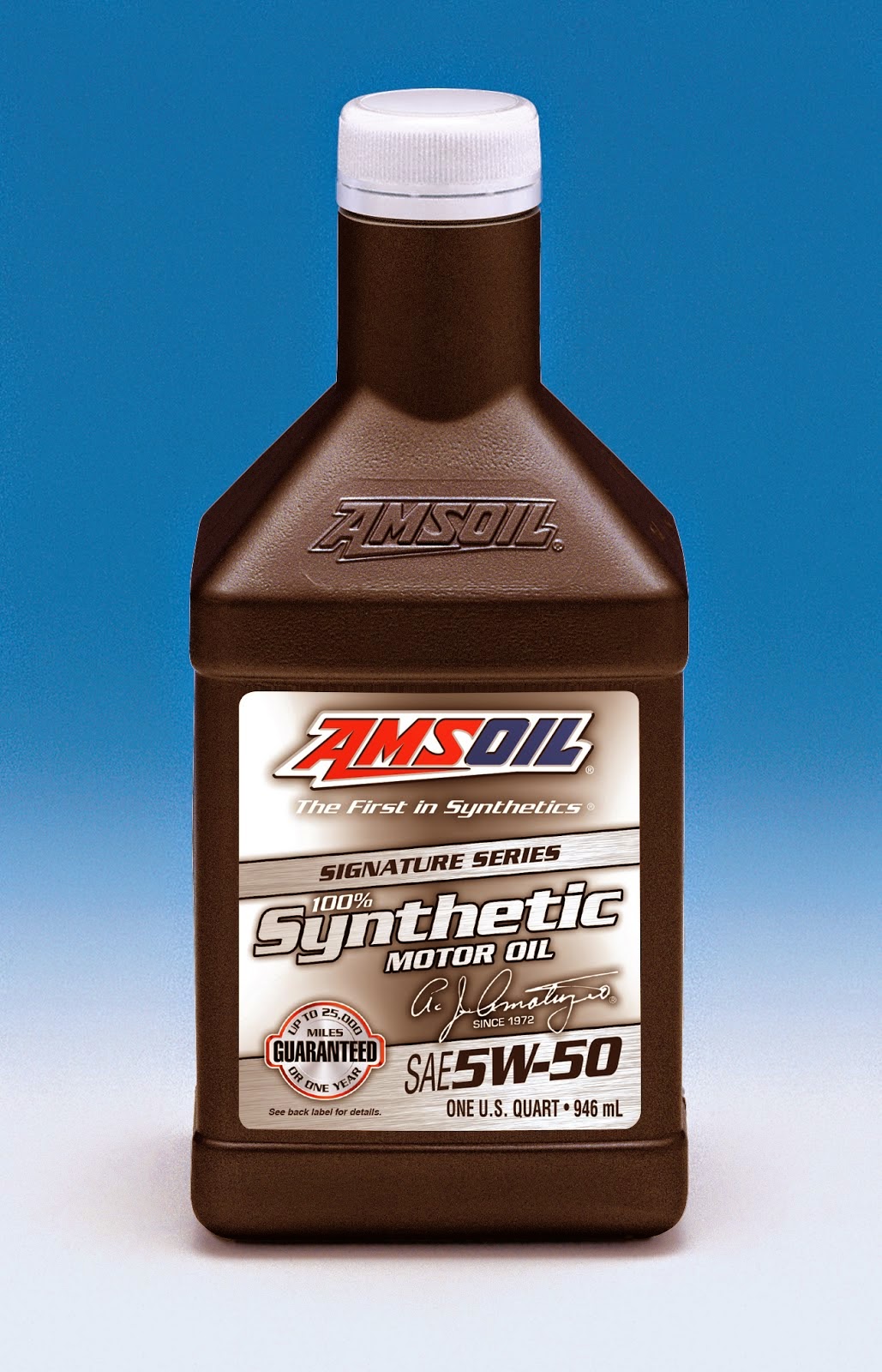Nine synthetic motor oils were compared to AMSOIL Signature Series 5W-30 Synthetic Motor Oil (ASL). When it was all
said and done, Signature Series demonstrated the best overall performance and cost-effectiveness.
 |
| Click for larger image |
|
Since AMSOIL introduced the first synthetic motor oil to meet American Petroleum Institute (API) service
requirements in 1972, many other synthetic motor oil brands have been introduced. Today, synthetics are widely viewed
as superior to conventional motor oils, and demand continues growing, but how do other brands compare to AMSOIL?
A Study of SAE 5W-30 Synthetic Motor Oils
Signature Series 5W-30 Synthetic Motor Oil and nine
other synthetic oils were subjected to five industry tests conducted according to American Society of Testing and
Materials (ASTM) methodology. The overall annual cost of each oil was also compared. The study included synthetic motor
oils exclusively for a number of reasons. First, most motorists now understand that synthetics provide increased
performance benefits compared to conventional oils, so convincing consumers of synthetics' superiority is less of an
issue. Second, while conventional motor oil sales remain flat, demand for synthetics continues to increase. Third,
testing only synthetics facilitates an apples to apples comparison.
Methodology
Testing examined several important areas of motor oil performance, including resistance to deposit formation, wear
protection, high-temperature stability, resistance to acid formation and cold temperature performance.
 |
| Click for larger image |
Four-Ball Wear Test results indicate significant differences in relative wear protection between oils. The top
four performers limited wear scars to under 0.40 mm. AMSOIL Signature Series Synthetic Motor Oil demonstrated the best
wear protection in the Four-Ball Wear Test.
 |
| Click for larger image |
AMSOIL Signature Series Synthetic Motor Oil tested two numbers higher than the nearest competitor. |
|
Each oil was subjected to the following ASTM test methodologies:
- Thermo-Oxidation Engine Oil Simulation Test (TEOST, ASTM D 6335)
- NOACK Volatility Test (ASTM D 5800)
- Four-Ball Wear Test (ASTM D 4172 Mod.)
- Total Base Number (ASTM D 2896)
- Cold Cranking Viscosity (ASTM D 5293)
Test results published in A Study of SAE 5W-30 Synthetic Motor Oils describe and represent properties of oils that
were acquired from November 2012 to December 2012. Results do not apply to any subsequent reformulations of such oils
or to new oils introduced after completion of testing. All oils were available to consumers at the time of purchase. An
independent, third-party lab conducted all tests. Formulations were coded to reduce the potential for bias, and samples
were tested in random order. An appropriate number of trials of each oil were run to produce results at the 95 percent
confidence level when compared to Signature Series Synthetic Motor Oil. The 95 percent confidence level only applies
when comparing AMSOIL Signature Series Synthetic Motor Oil to the other 5W-30 oils. The 95 percent confidence level
does not apply when comparing the other oils to one another.
Candidate Oils
The following nine oils were selected for the study:
- Castrol Edge® with Titanium Fluid Strength Technology®
- Lucas Synthetic
- Mobil 1™ Extended Performance
- Pennzoil Ultra™
- Petro-Canada SUPREME Synthetic™
- Quaker State Ultimate Durability™
- Red Line High Performance Motor Oil
- Royal Purple High Performance Motor Oil
- Valvoline SynPower® Full Synthetic Motor Oil
All oils are 5W-30 viscosity and recommended for applications requiring API SN/ILSAC GF-5 specifications.
Results
AMSOIL Signature Series Synthetic Motor Oil displayed
the best results in the Four-Ball Wear, Total Base Number and Cold Crank Viscosity Tests. Results in the NOACK and
TEOST Tests were also impressive, proving Signature Series Synthetic Motor Oil's excellent high-temperature
performance. Other oils performed well in some tests, but not as well in others, illustrating the challenge inherent in
formulating a high-quality motor oil that performs well in tests designed to assess optimum engine protection and life.
In addition to delivering outstanding performance, Signature Series Synthetic Motor Oil provides maximum
cost-effectiveness - even at retail pricing. Because they buy at wholesale, Dealers and Preferred Customers receive
even more value. In the end, no other oil demonstrated itself capable of providing the overall performance in these
tests and cost effectiveness of Signature Series.
 |
| Click for larger image |
Although synthetic motor oils are known to provide increased low temperature performance compared to conventional
oils, results suggest performance differences between formulations. AMSOIL Signature Series Synthetic Motor Oil
demonstrated the lowest cold crank viscosity (3,727 cP).
 |
| Click for larger image |
Results demonstrate a range of performance differences. Only Castrol Edge with Titanium Fluid Strength Technology
and AMSOIL Signature Series Synthetic Motor Oil limited total deposit weight to 5 mg or less.
AMSOIL 5W-30 Signature Series Synthetic Motor Oil
















